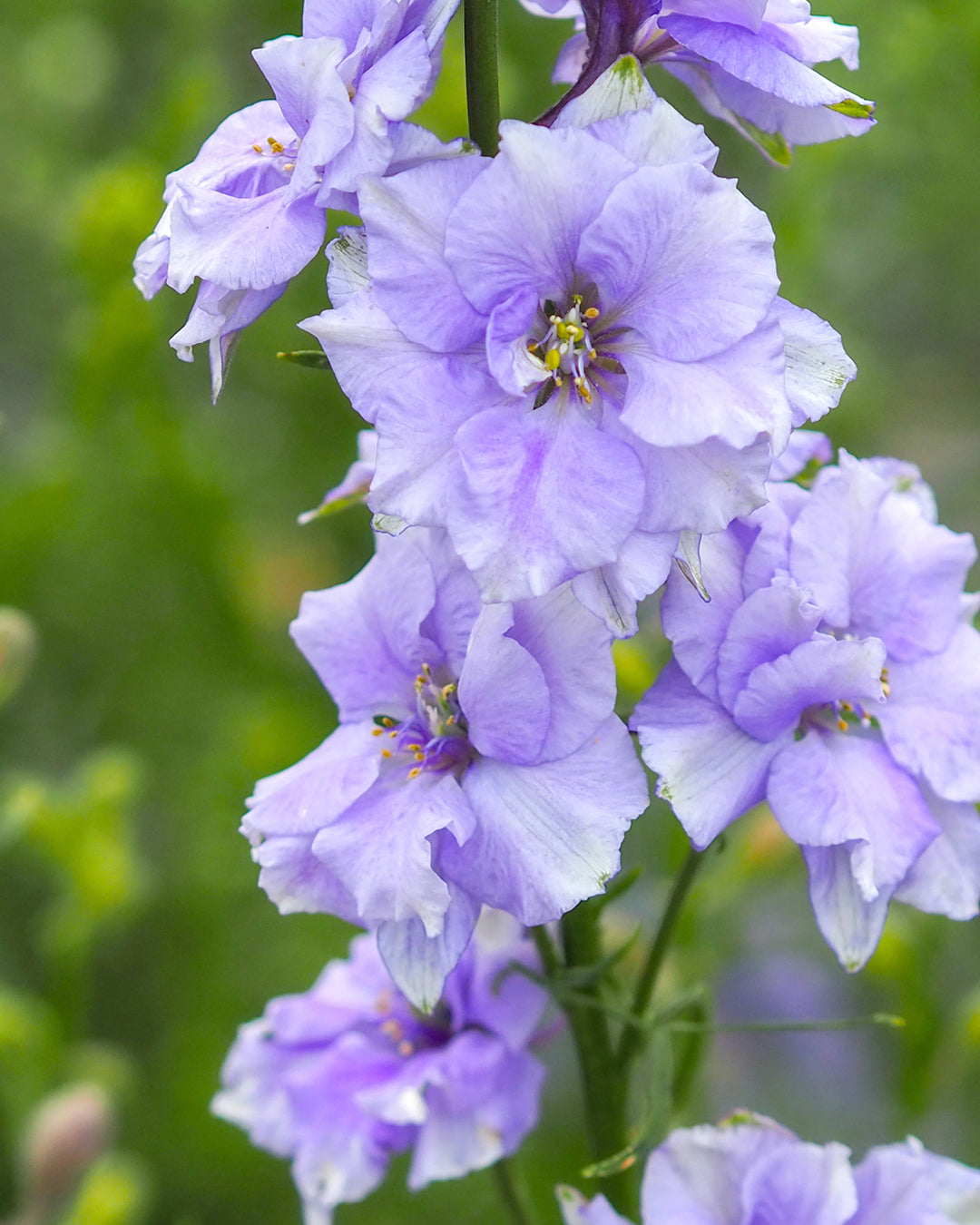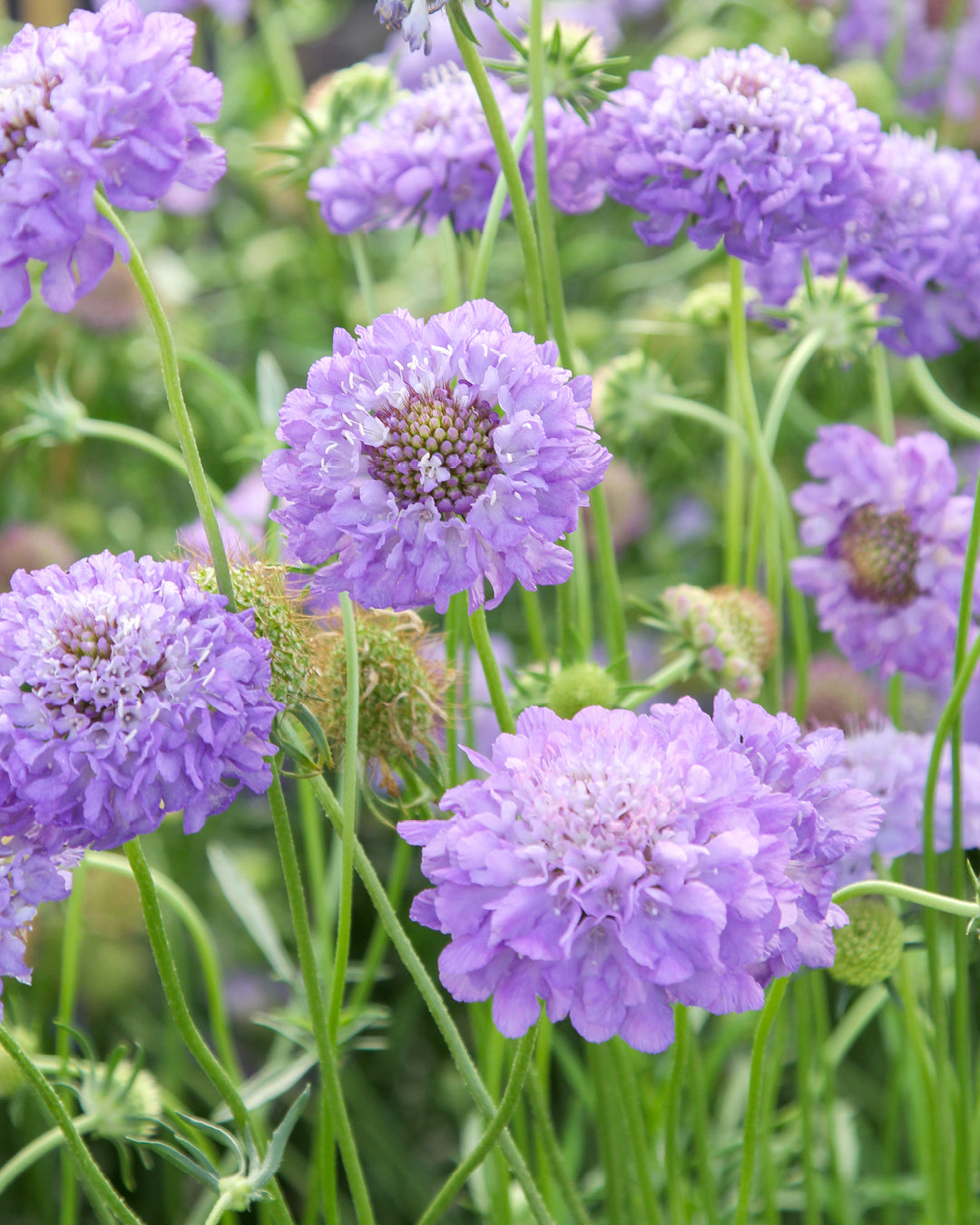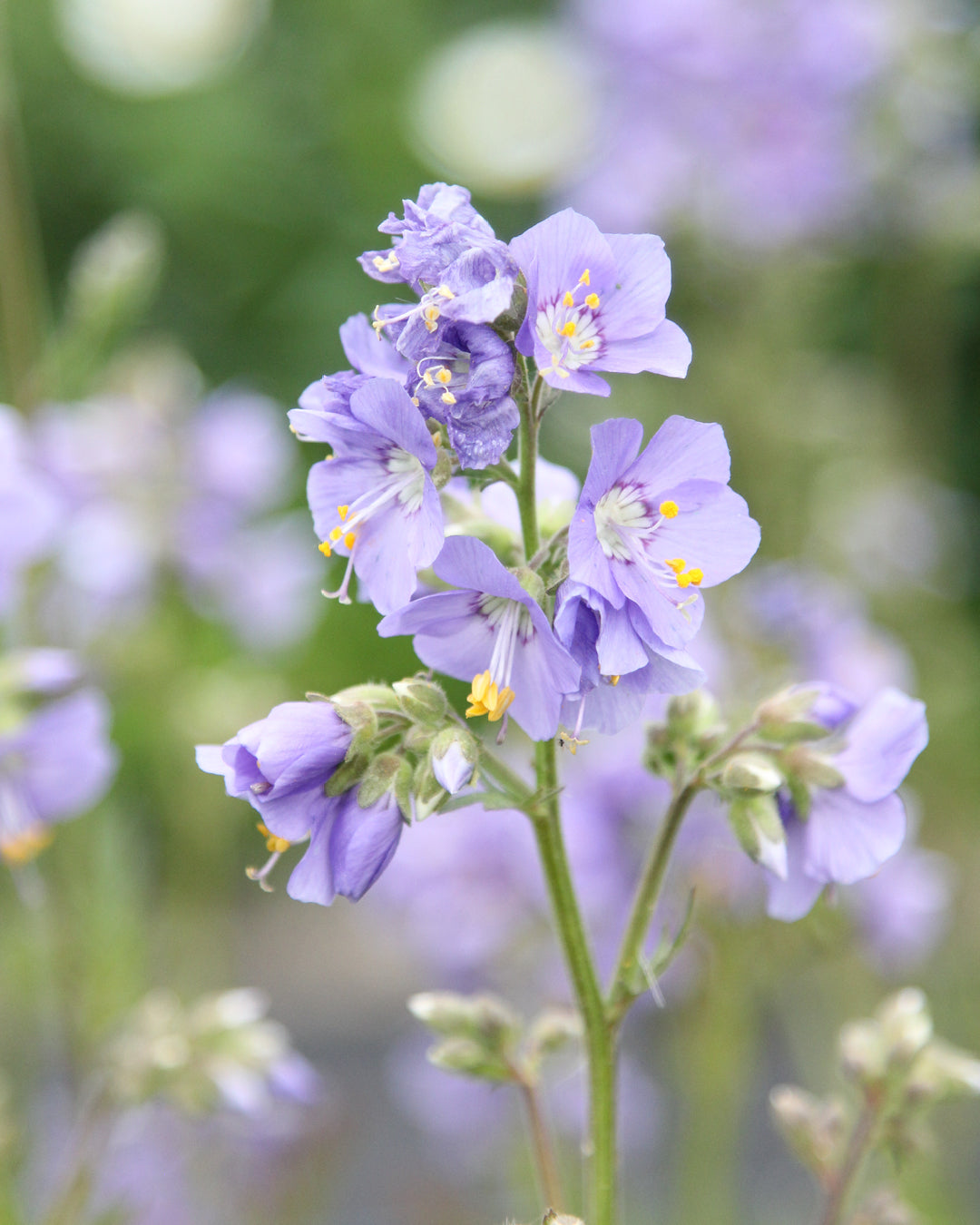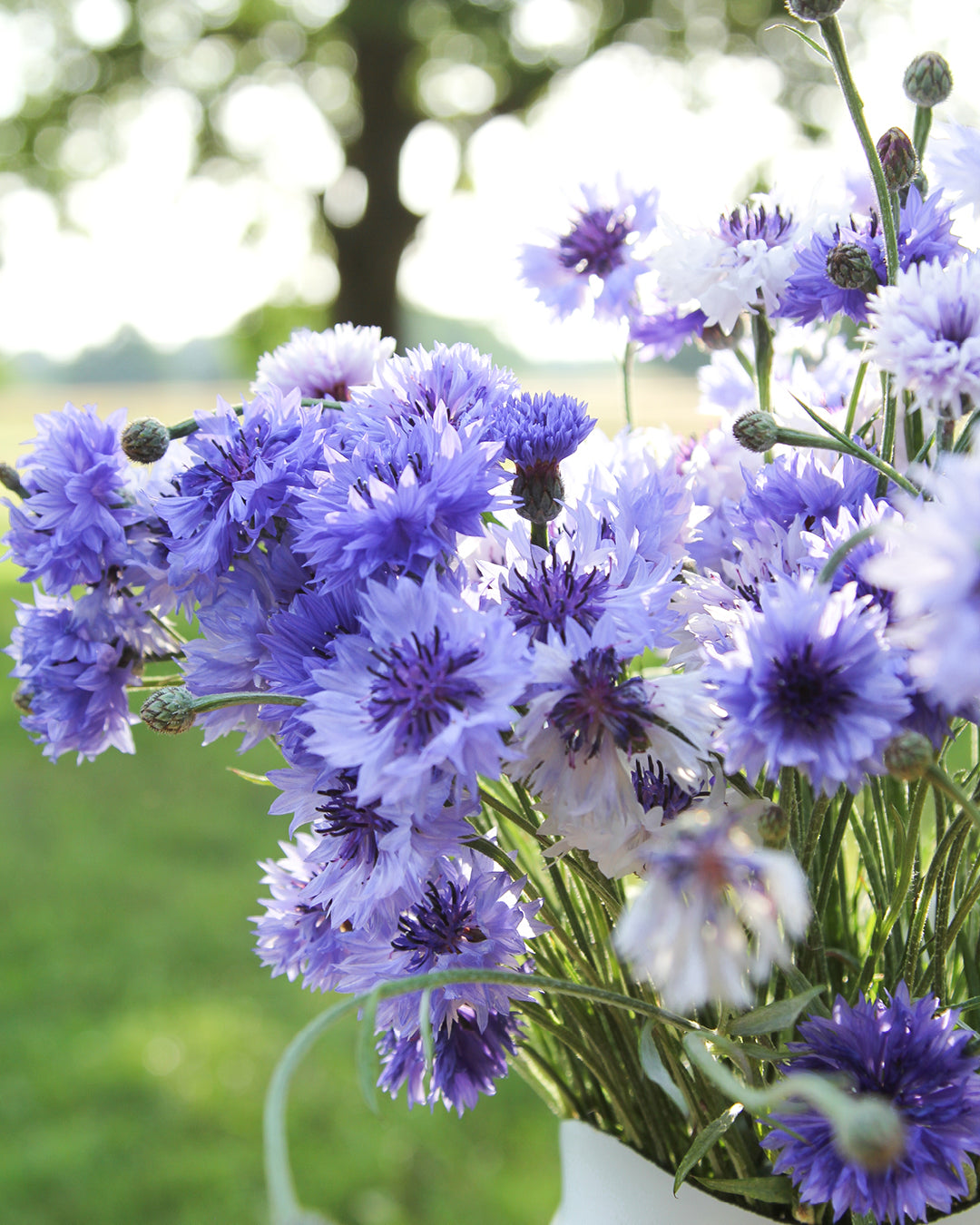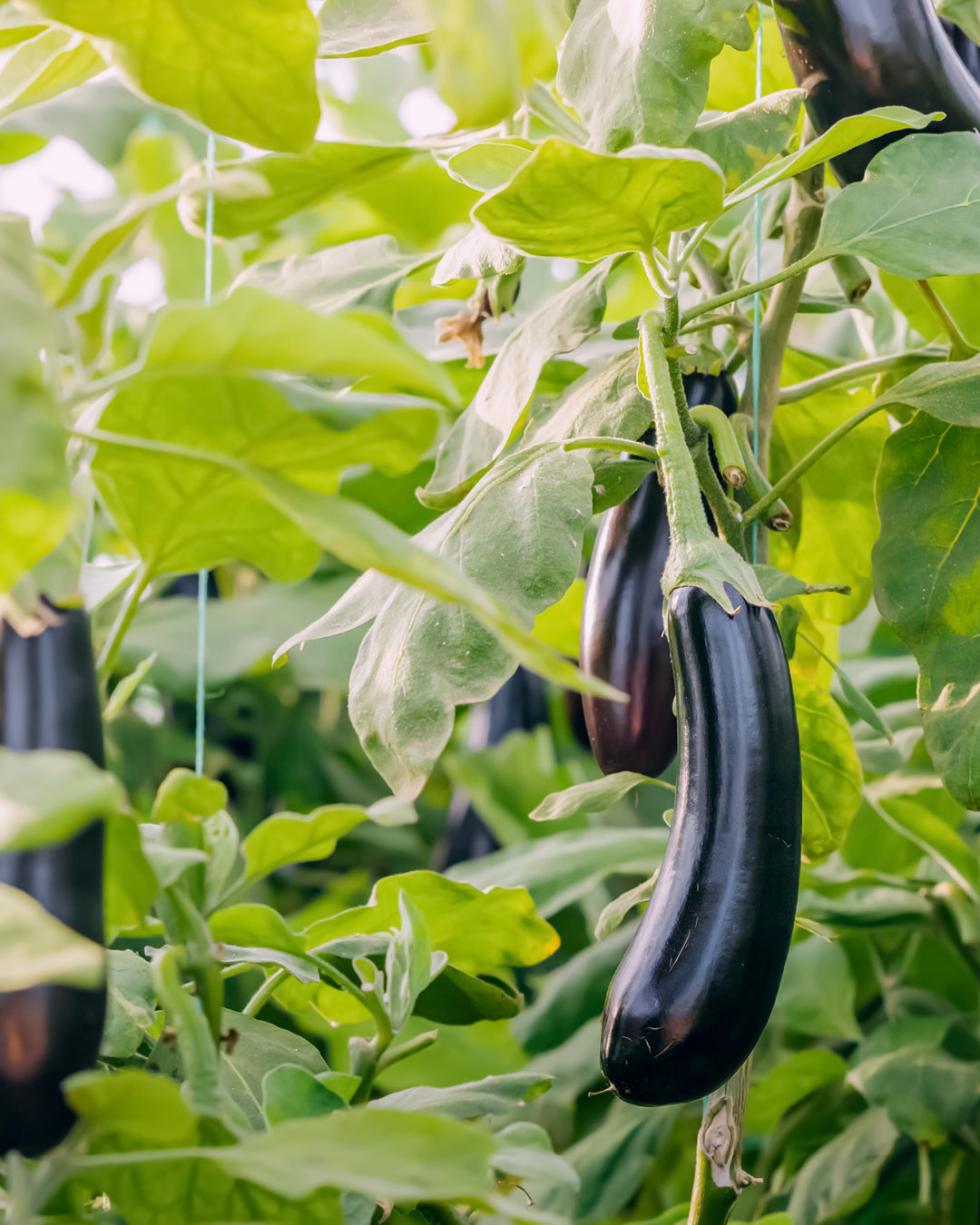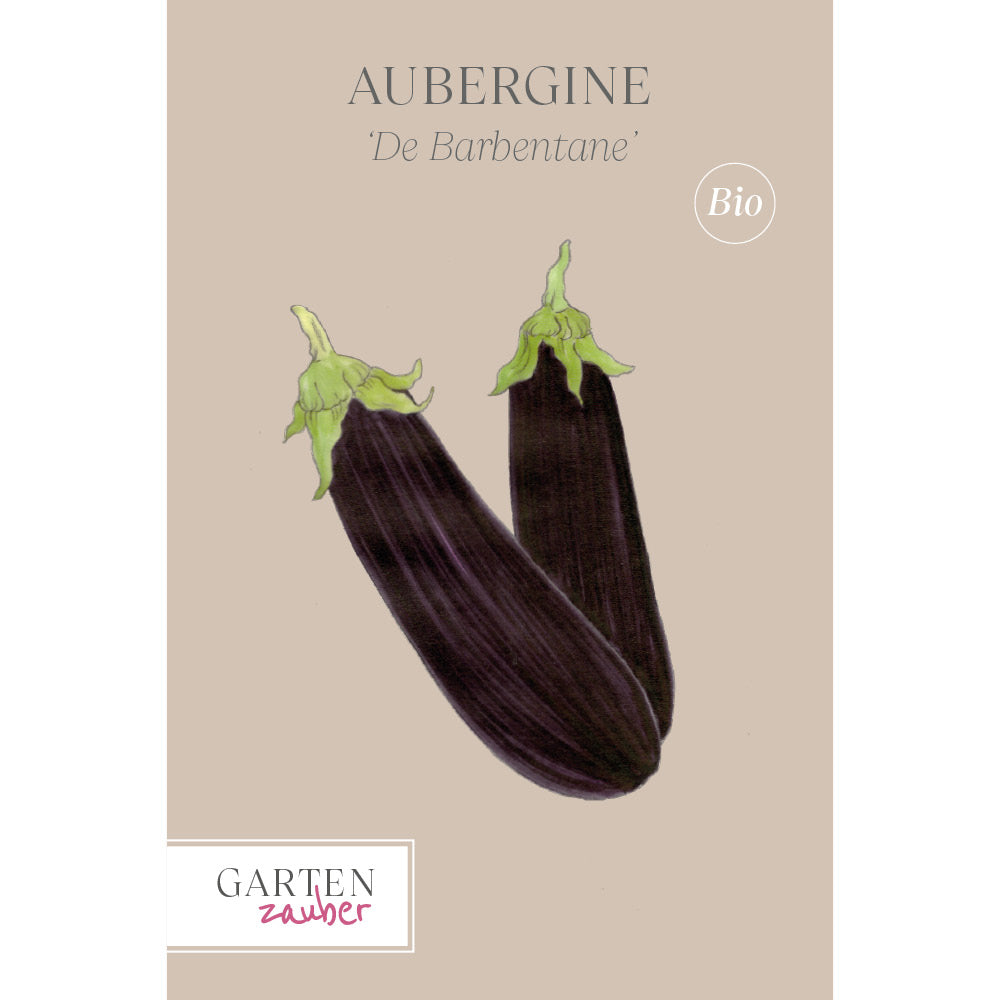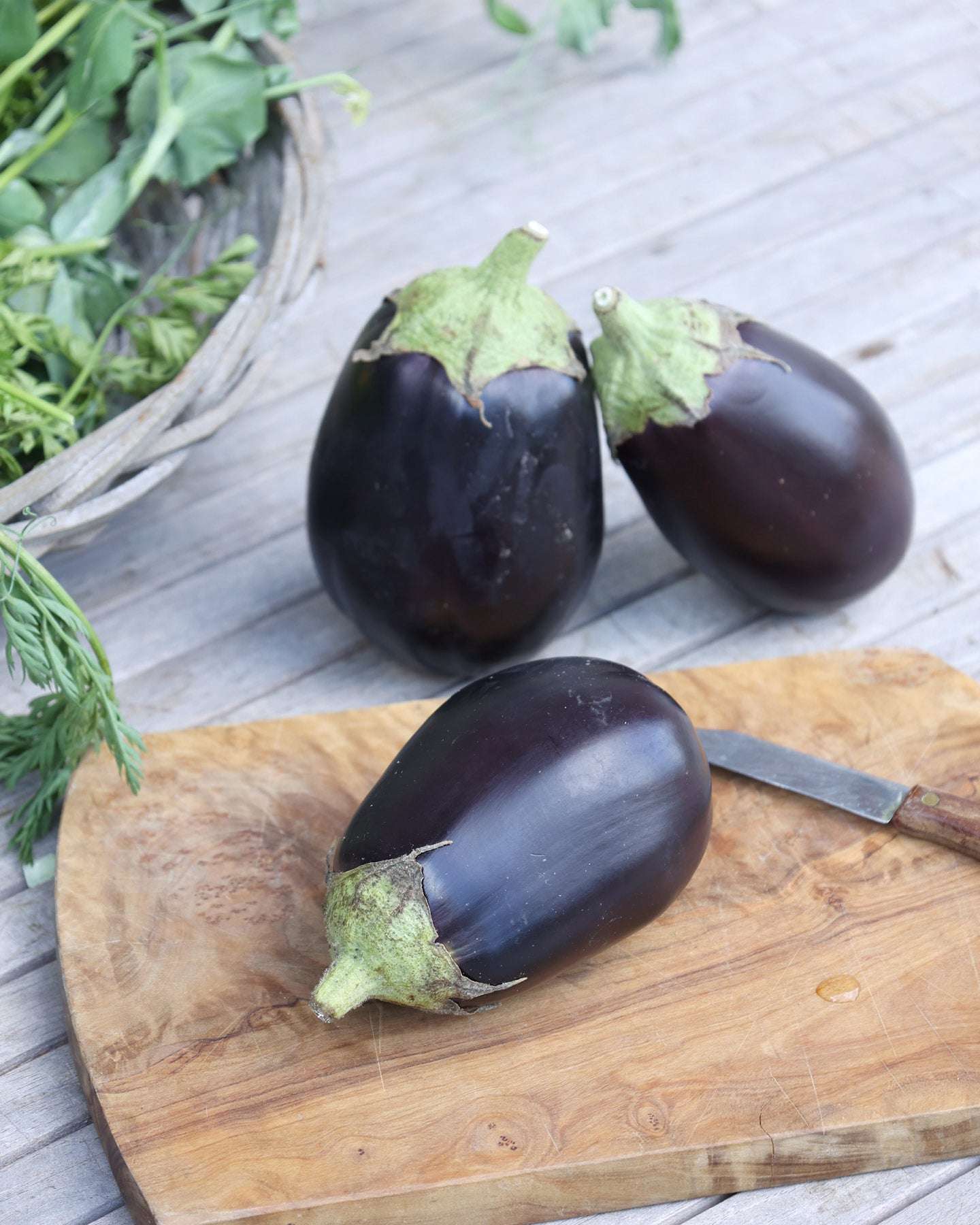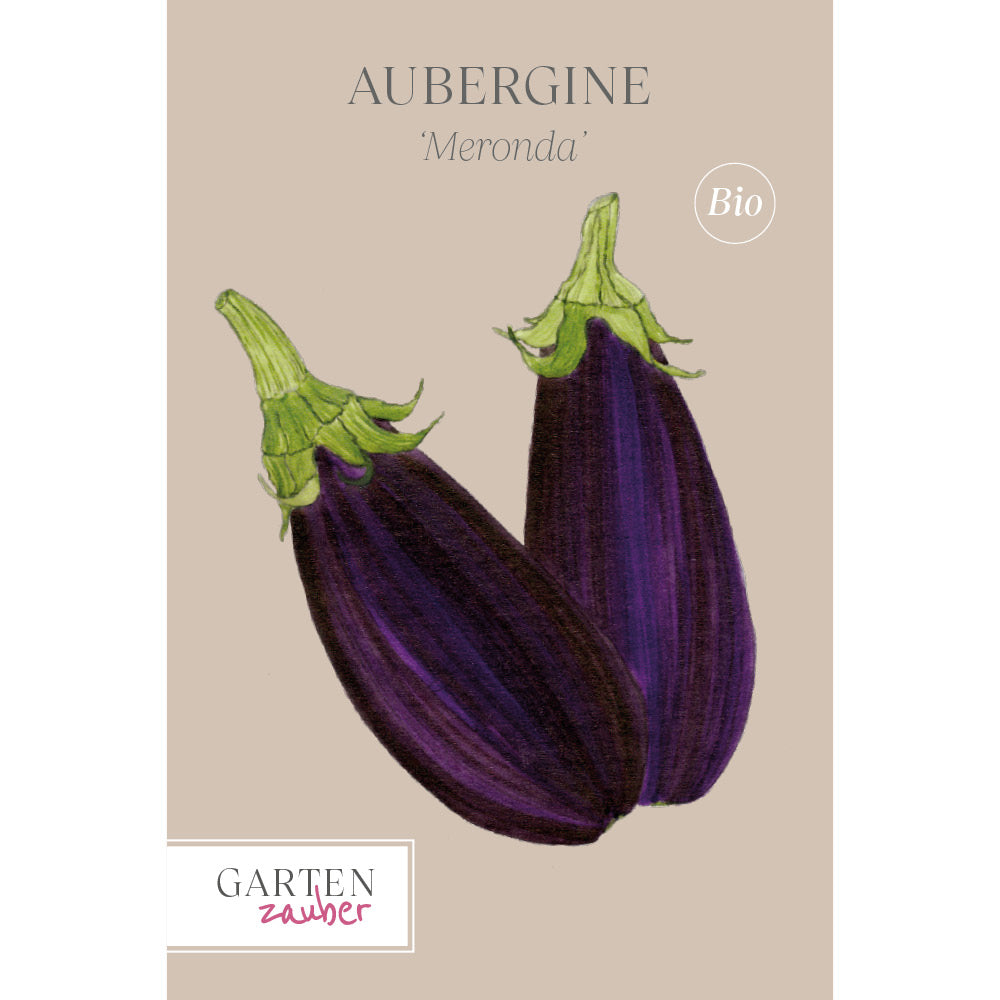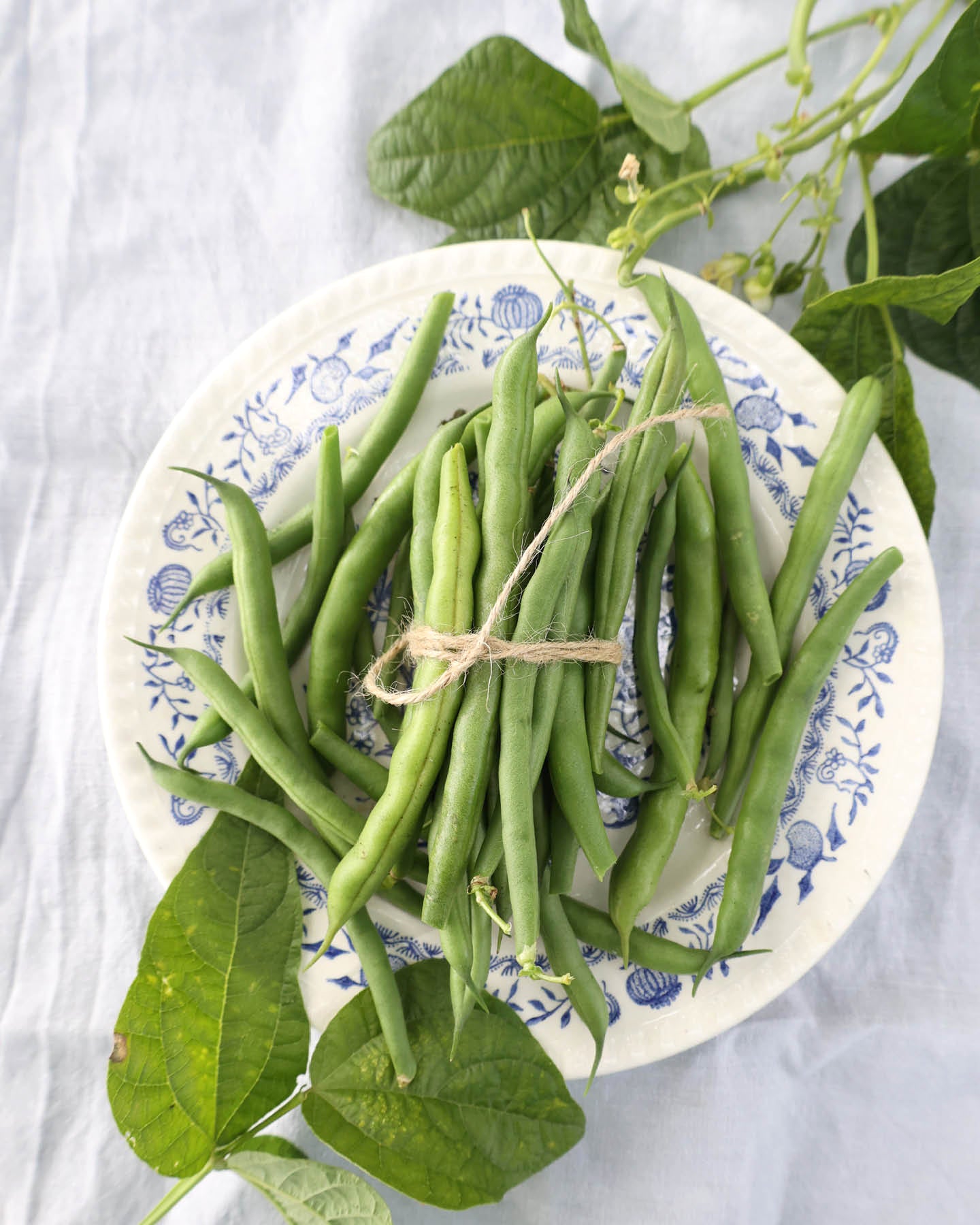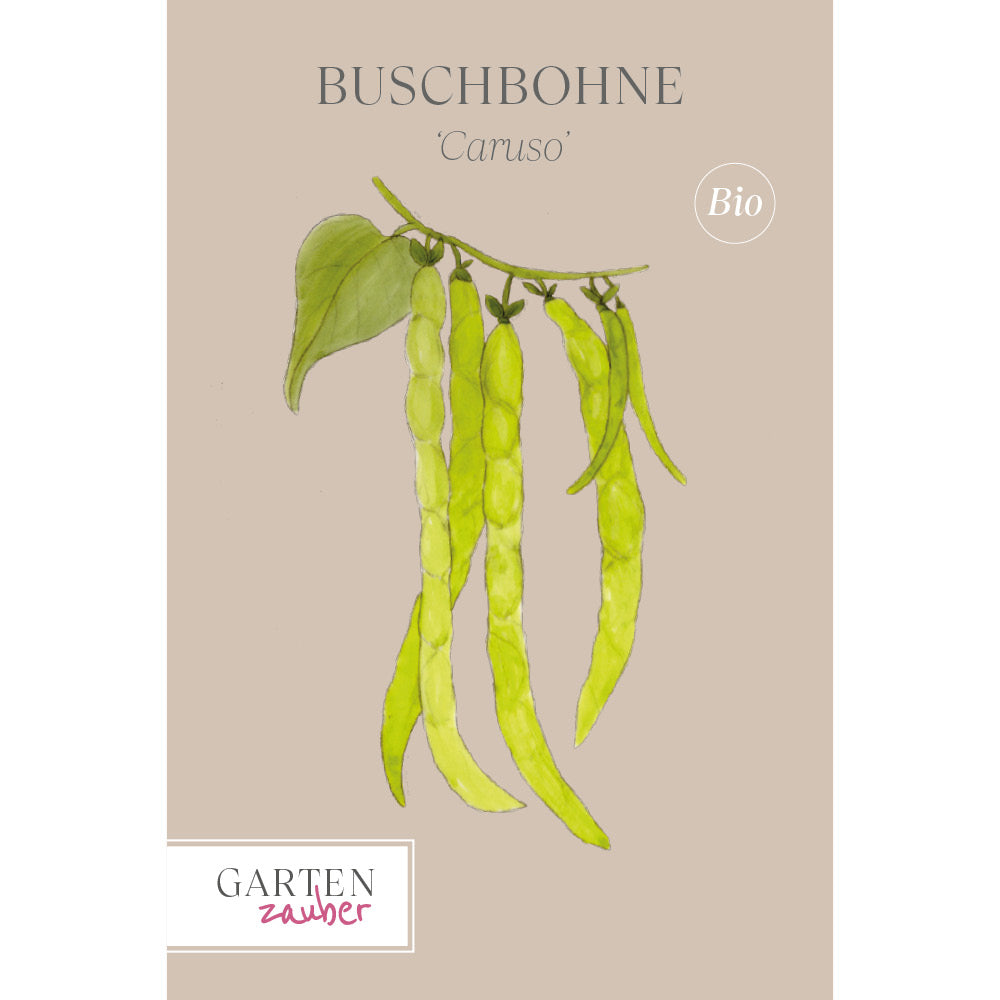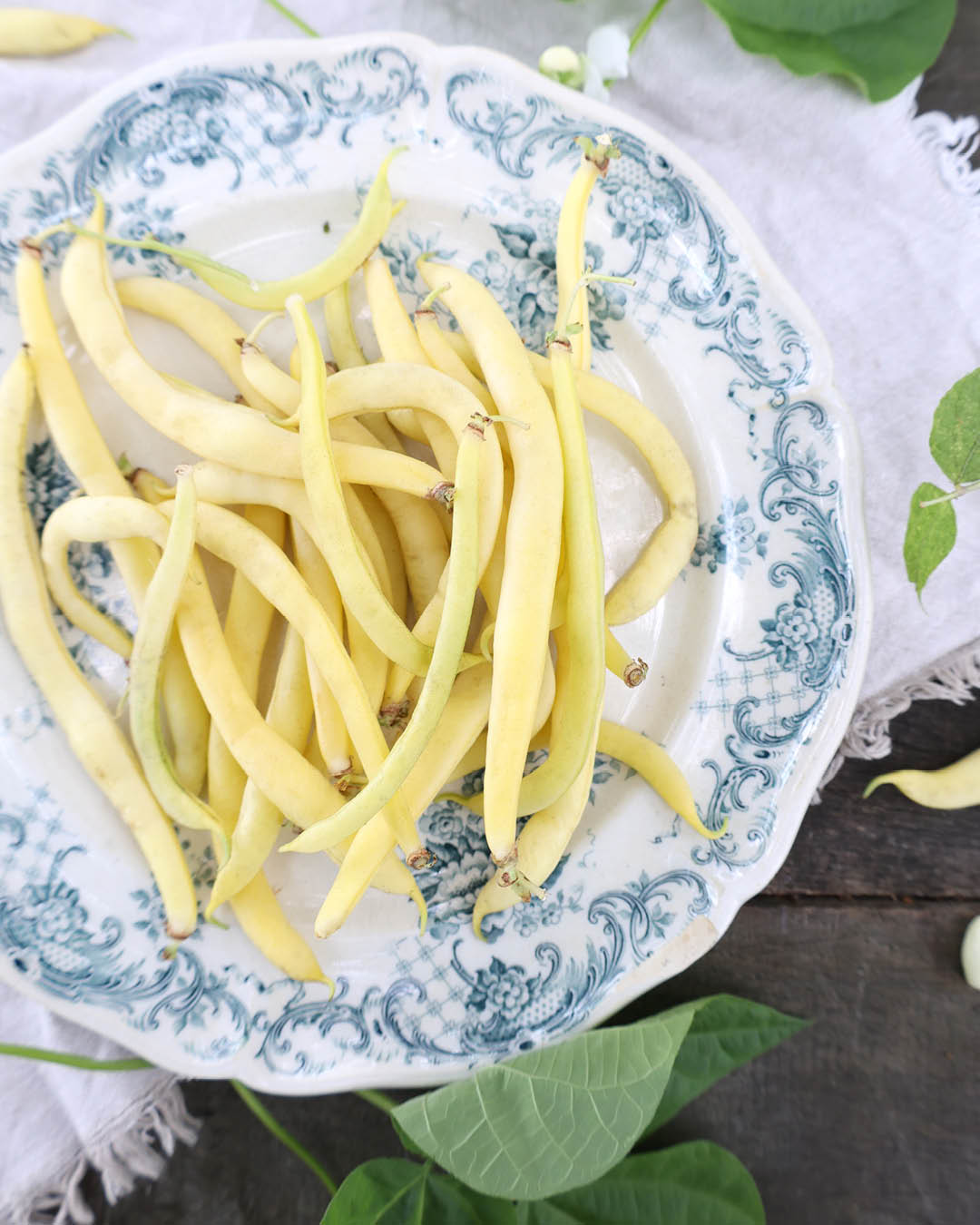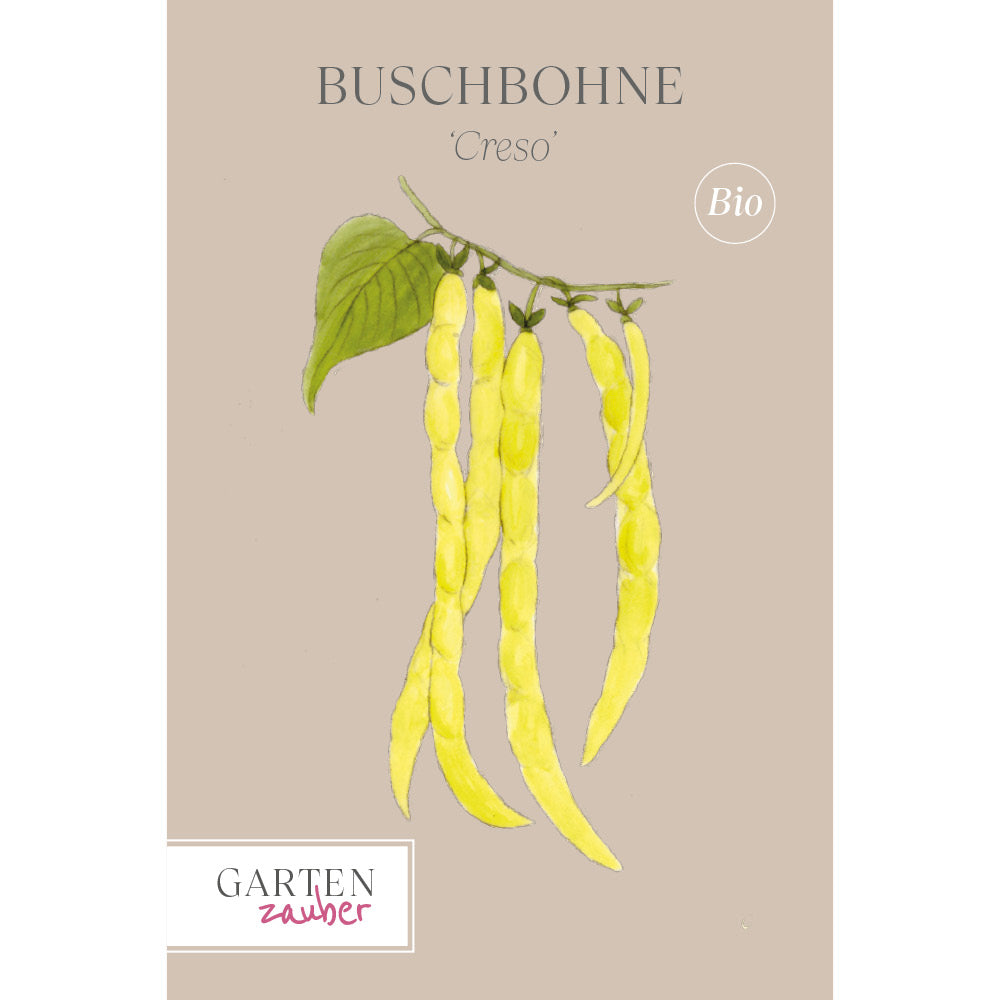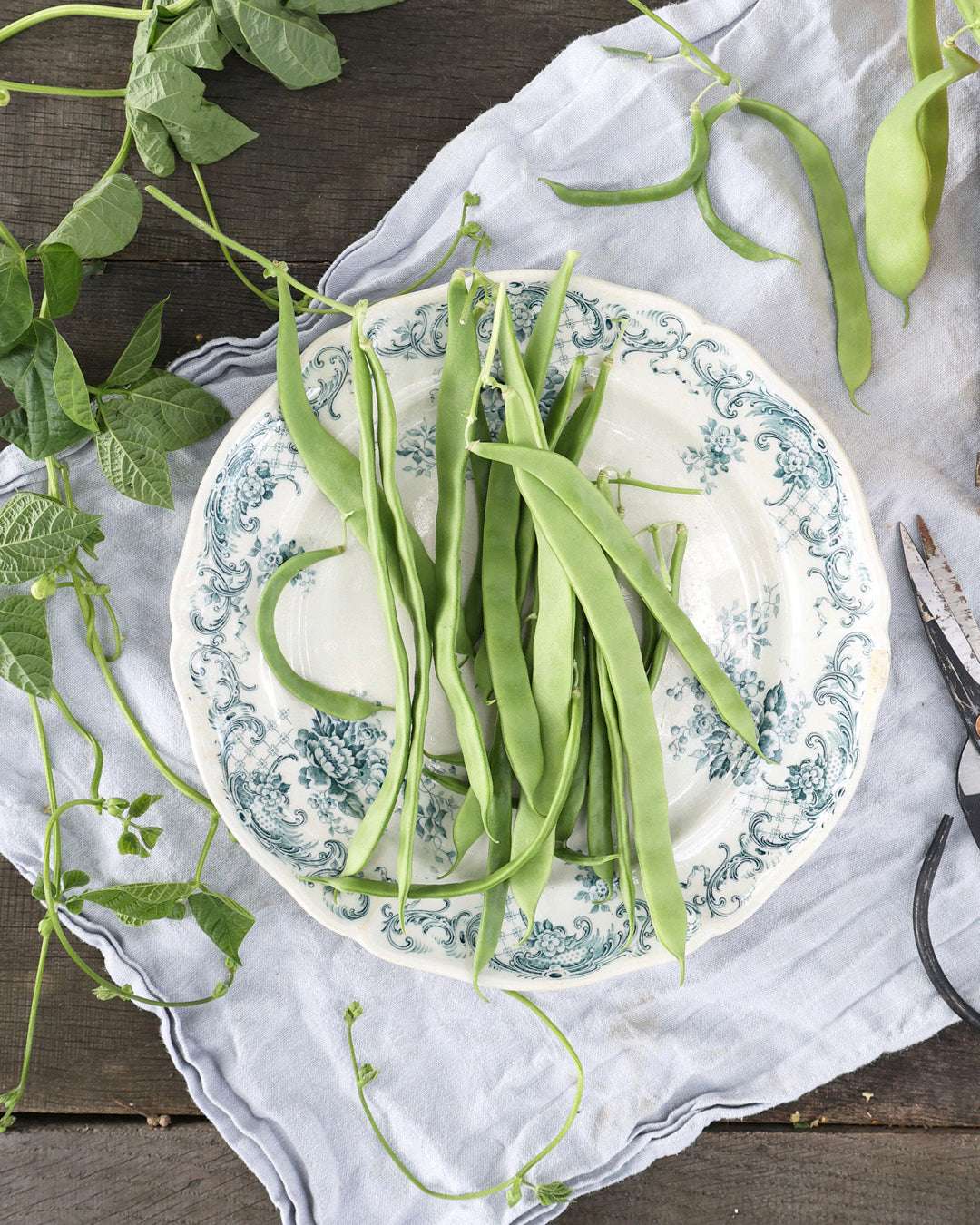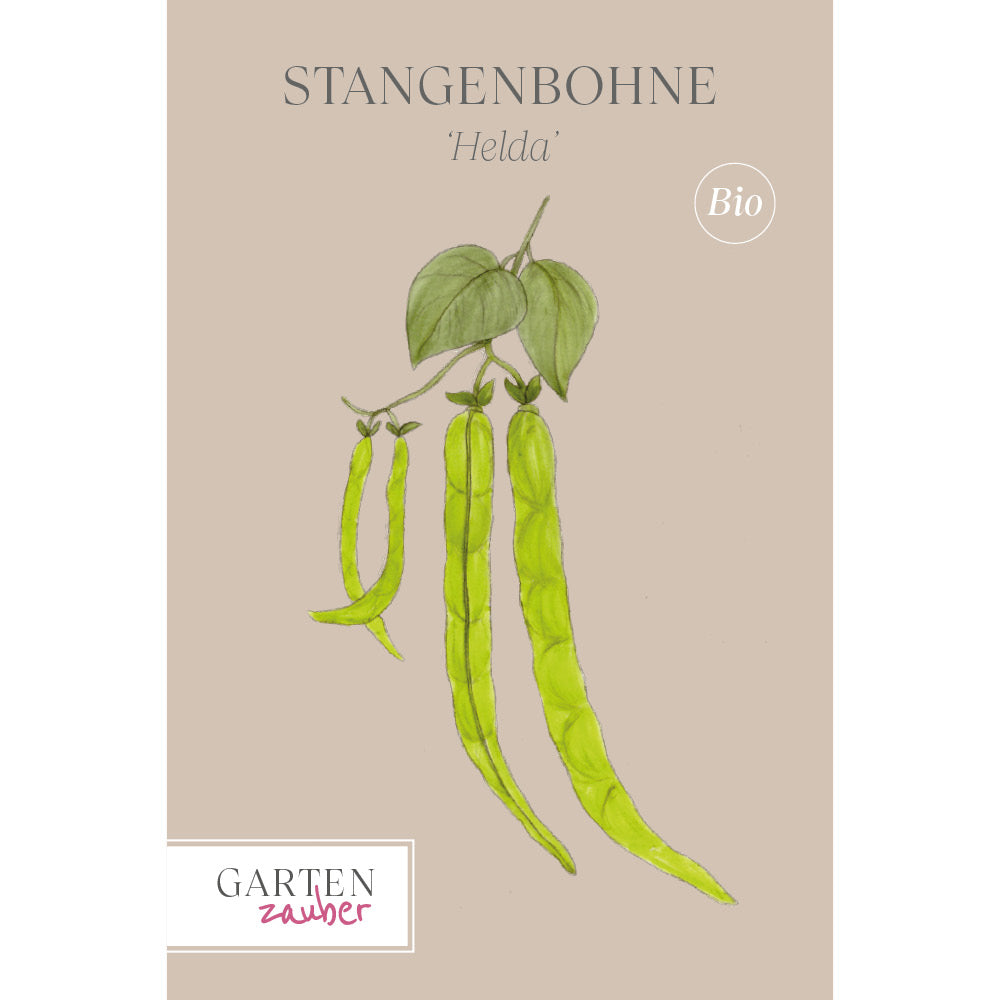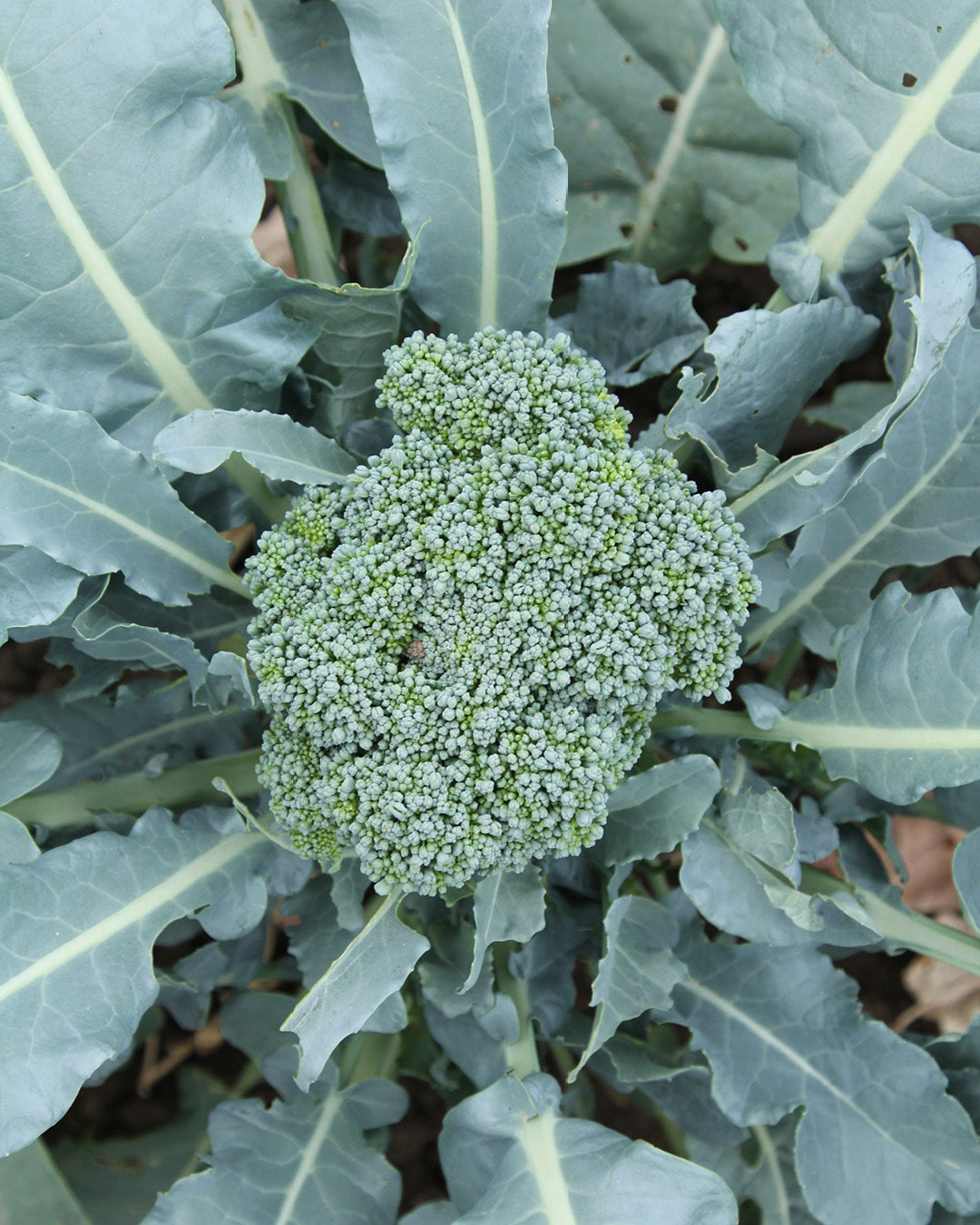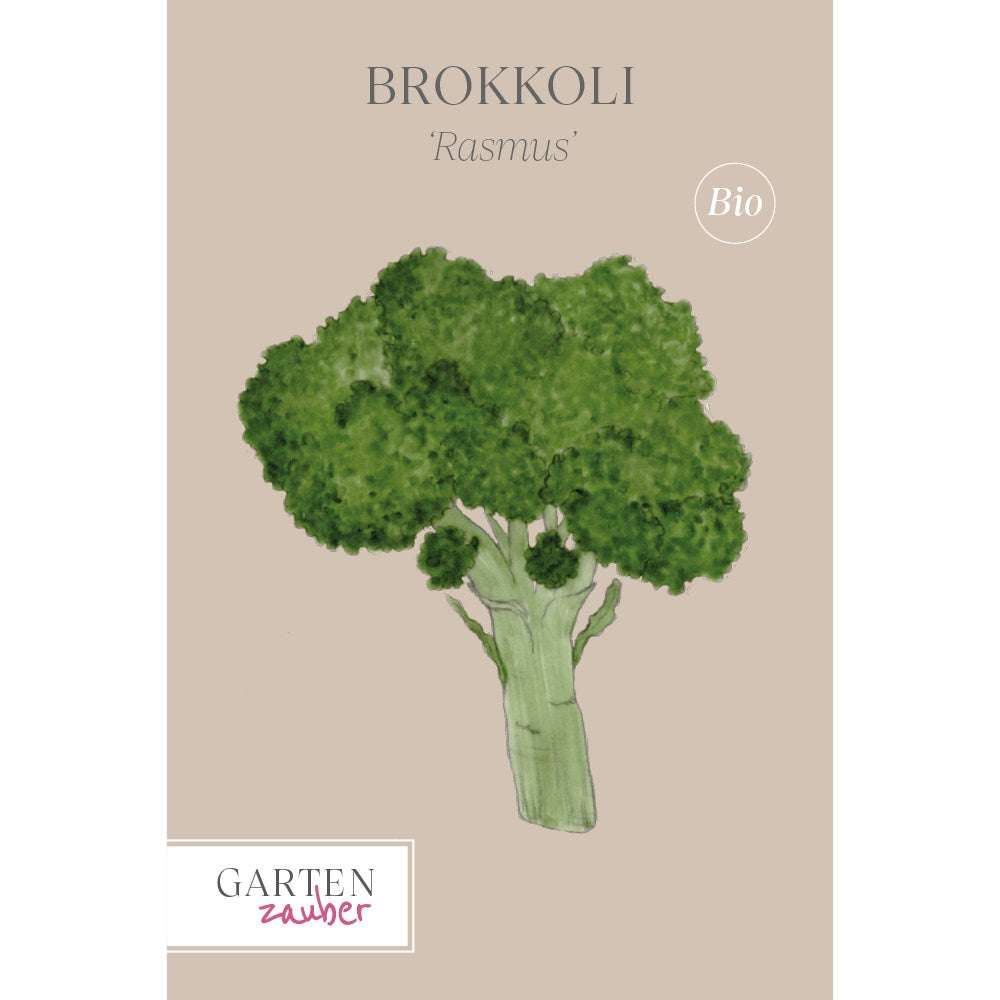What do cut flowers need for a long, happy life?
To ensure we can enjoy our bouquets for a long time, there are a few rules we should follow. Learn everything about their durability and what exactly cut flowers need for a long, happy life here!
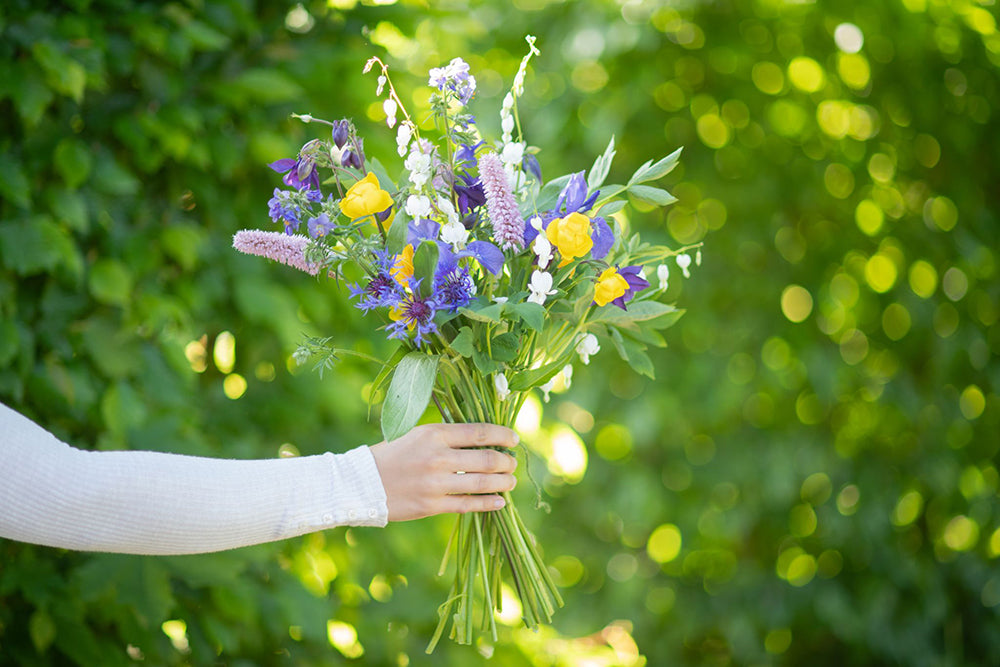
Shelf life of cut flowers
Generally speaking, most flowers like cold water. However, there are exceptions you should be aware of.
Flowers with hard stems, such as peonies, lilacs, or roses, prefer warm water. These varieties should be cut with a diagonal, elongated cut or by slightly slitting the stem lengthwise to help them absorb water.
Some stems, however, still enjoy standing in hot water, and if the flowers seem limp to you, try this trick. First, cut them fresh with a clean, diagonal cut. This can help with sunflowers, yarrow, and roses.
Flowers that never want to be placed in warm water are all bulbous plants.
Tips
Depending on the variety and how they are cared for at home, organically grown cut flowers can last between five and 14 days. However, if they are placed on a warm windowsill in direct sunlight, they won't last long.
If the water is never changed, allowing bacteria to develop in the flower water, this also contributes to a shortened shelf life. Therefore, how you treat your flowers after purchase or picking them plays a very important role in how long you can enjoy their beauty.
Clean the vase!
Mix a teaspoon of baking soda with white vinegar and scrub the inside of the vase to remove old bacteria. Rinse thoroughly before placing flowers in the vase. I recommend changing the water in the vase every day, recutting the flowers with a diagonal cut every now and then, and keeping the bouquet cool overnight, if possible.
The flowers definitely love being sprayed with cold water every day during the summer heat, as they can become dehydrated just like us humans.
It's also important that leaves never come into contact with the water in the vase. They will rot and then give off an unpleasant odor.
The flowers should also be kept away from ripe fruit, especially kiwi, mango, banana, and apple. The reason: Fruit releases the ripening gas ethylene, which causes other fruit in the immediate vicinity to ripen faster. Ethylene also accelerates the ripening process of the flowers, thus impairing their shelf life.
← vorheriger Post: Make your own compost – this is how waste becomes valuable humus
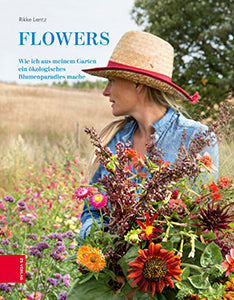
The content of this article is from the book:
Rikke Lentz
Flowers– How I turn my garden into an ecological flower paradise
Price: €24.99
ISBN 9783965841420
ZS Publishing
More and more people are paying attention to sustainability in their gardens, consciously avoiding pesticides and creating a bee-friendly environment. "Flowers" focuses exclusively on the organic cultivation of flowers. Rikke Lentz also shows how to arrange and tie beautiful bouquets and flower arrangements. Stunning floral photography rounds out this book.

